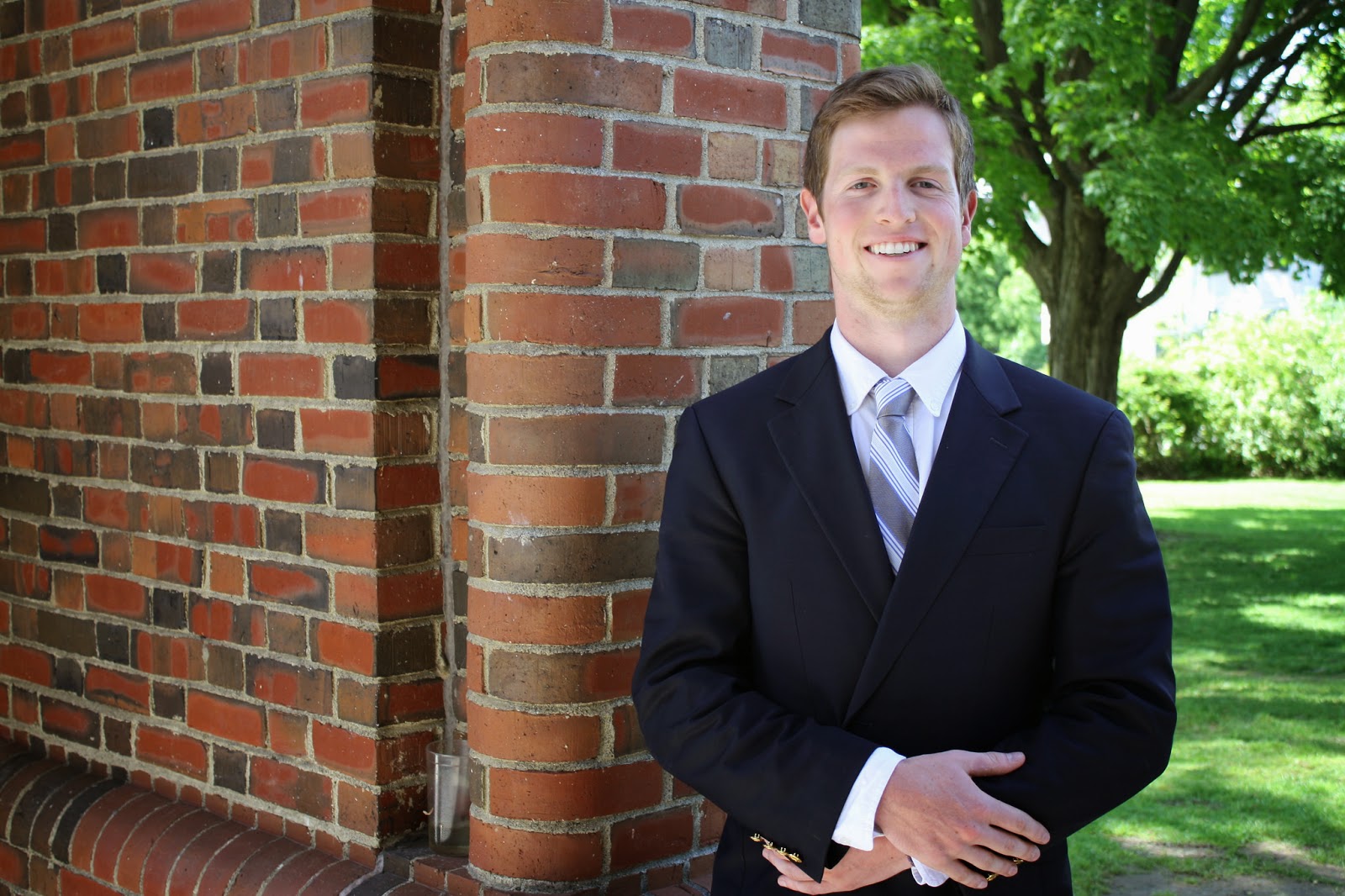- Public Policy
- Leadership
- Funding
- News & Events
- About the Center
Back to Top Nav
Back to Top Nav
Back to Top Nav
Back to Top Nav
Rockefeller Center-funded interns reflect on their experiences as part of our Notes from the Field series. The Rockefeller Center helps students find, fund, and prepare for a leave-term internship experience in public policy research, public policy analysis, issue evaluation, or activities which help shape and determine public policy.
 |
| Student Intern: Andrew Kenealy '15 |
Internship Organization:
US Department of State, Bureau of Conflict and Stabilization Operations – Washington, DC
How would you describe your employer in one paragraph? What’s the elevator pitch?
Within the State Department, I work for the Bureau of Conflict and Stabilization Operations (CSO). CSO is a new bureau, created under former Secretary of State Hilary Clinton, with the ultimate goal of helping to promote U.S. national security interests abroad by mediating conflict and crises globally. CSO conflict experts work both in Washington, DC and abroad to help promote change, focusing on specific areas in which CSO believes it can have the greatest impact.
What are your specific responsibilities in the organization?
I am an intern in the front office of the bureau, which is composed of the Assistant Secretary, the head of the bureau; his immediate Deputy Assistant Secretaries; the Assistant Secretary's special assistant, my supervisor; and staff assistants. As an intern in the front office, I am able to be something of a "jack of all trades." While I spend most of my time reviewing various kinds of notes and memos drafted in the bureau for format, clarity, and conciseness, I have also helped the bureau complete a compliance investigation from the State Department Office of the Inspector General, written standard operating procedures for the IT office, and done research at the Library of Congress. In the next few weeks, I will be doing some work with the counter-Lord's Resistance Army movement team at CSO, helping advance the U.S. effort to capture Joseph Kony, its leader, who remains at large in central Africa despite the consistent weakening of his army over the past several decades.
How did you feel on the first day of your internship?
After experiencing major delays with the security clearance process, I was thrilled to finally get in the door and start work!
What is your favorite part of the internship so far?
I love that anything I do, whether it be making substantial changes to a document to be sent to Secretary Kerry's principal adviser or perhaps a much more menial task, does its part to promote the noble mission of the bureau and the State Department as a whole, which I find to be incredibly inspiring.
What challenges have you faced so far?
My initial supervisor transferred bureaus the second week I started work. Because his replacement arrived back from a two-year tour in Georgia and needed to be caught up to speed as quickly as possible, I was given a high degree of independence, and also not that much attention, in my very first weeks. In order to be given substantive things to do, I needed to be proactive and self-sufficient. I taught myself the art of editing memos by comparing the originally drafted memos with what was ultimately sent out, reading the 50 page department-wide format guide, and practicing on my own with old memos. I also have made myself available to do work for anyone who I think might be able to use help simply by walking around and asking them. I have regularly asked for the opportunity to attend government events in DC to which State Department employees might generally be invited, and I have been granted permission every time. I quickly realized that in order to get everything that I wanted out of this internship, I would need to be proactive, responsible, and outgoing. I have tried my best to be all of those three, and it is looking like I am going to have a great experience.
What do you hope to achieve by the end of your internship?
I hope to learn about how the government functions, what some of the strengths and weaknesses are of my bureau and the State Department as a whole, how to edit consistently well for clarity, and how to begin to analyze an international conflict.
What have been some practical lessons you've learned in the day-to-day life of your internship?
Dartmouth people always really want to meet you and help you in any way they can if you are appreciative. I don't know what it is about this school that breeds such incredible school spirit and such a close-knit community, but I don't think there are many other schools out there that have this kind of an alumni network. Also, there are a lot of Dartmouth people that have done a lot of incredibly cool things. I have tried my best to make the most of the opportunities, educational and otherwise, that are presented just by measure of being a part of this great community.